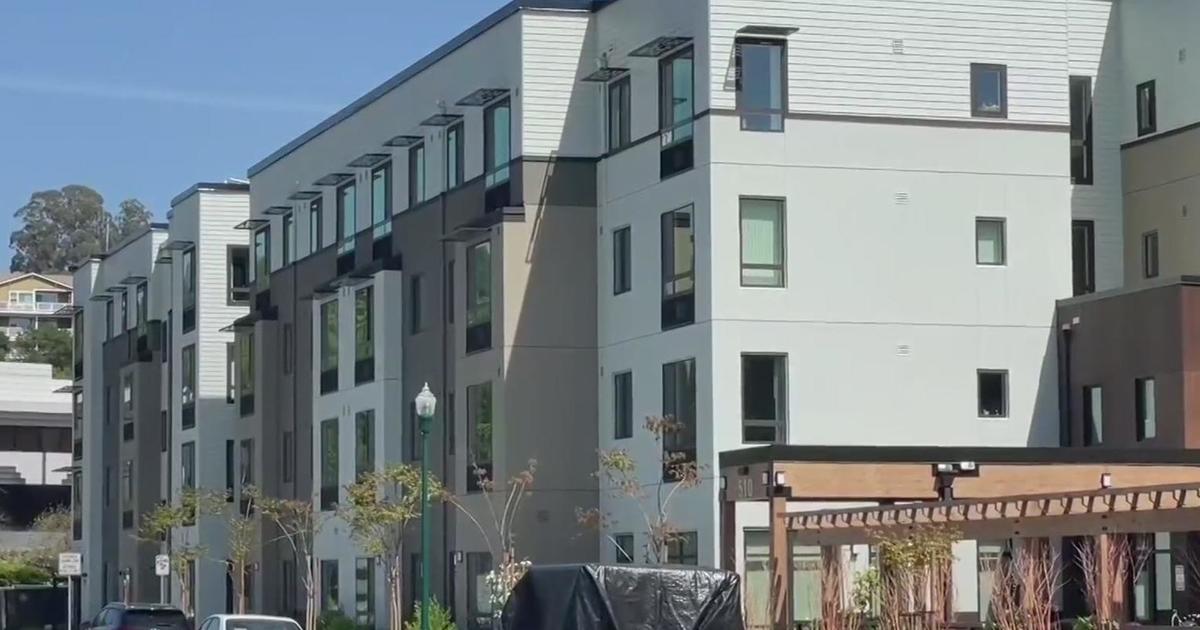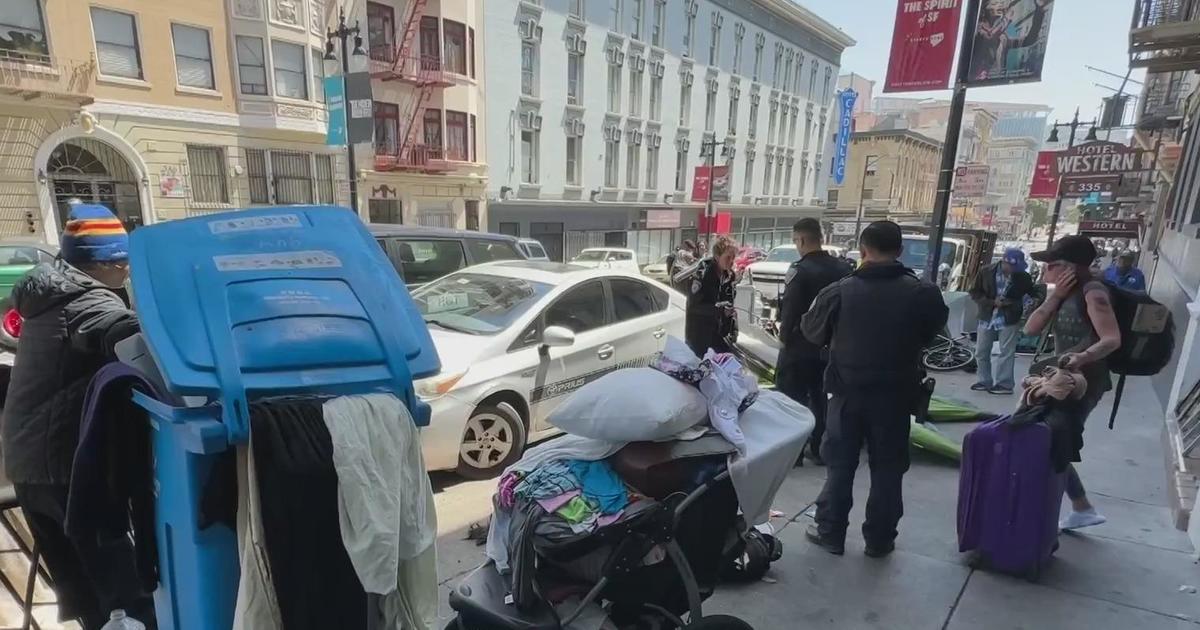Sonoma County Supes Agree to Extend Cap on Vacation Rentals
SANTA ROSA (CBS SF) -- Sonoma County supervisors on Tuesday reached an agreement to extend a cap on the number of vacation rentals in the county for three months, a far cry from the 22 months staff had sought.
The unanimous vote kept the ceiling for the number of vacation rentals at 1,948 -- the number of existing permitted rentals -- until mid-December. The cap was adopted as an urgency ordinance that the board approved Aug. 18 and that was to expire Oct. 2. The cap applies only to the unincorporated areas of the county, not its cities.
The Tuesday vote came about through a last-minute compromise that overcame the objections of three supervisors who were leaning against extending the cap at all.
Under the proposal fashioned by Supervisor Lynda Hopkins, the countywide limit expires in December but at that time, county staff is to present a new proposal addressing only those areas of the county most impacted by vacation rentals, the Russian River and Sonoma Valley.
The board on Tuesday at first appeared poised to reject entirely on a 3-2 vote the proposal to extend the cap.
"I want to help you solve your problems within those distinct areas in your district but I don't think a moratorium and the extension of a moratorium is the answer," Supervisor David Rabbitt said to Hopkins and Supervisor Susan Gorin, the board chairperson, whose district includes Sonoma Valley.
But one last attempt by Hopkins -- whose district includes the Russian River communities of Guerneville, Forestville, Monte Rio and Rio Nido -- to fashion a short-term solution won out.
"This isn't a black and white issue," she said, responding to complaints that the proposed cap could hurt the local economy, especially the tourism sector, was unfair to individual property owners, and was a blanket solution to a problem impacting only certain parts of the county.
Both she and Gorin -- whose Sonoma Valley district has the most vacation rentals in the county -- acknowledged that a countywide cap was an imperfect tool.
"We do have a problem," Hopkins said. "How do we go about approaching that problem in a more targeted way."
She described the lower Russian River as being once a place of holiday cabins and vacationing San Francisco residents but that has evolved into a year-round "live and work" community that is starting to "erode" under the pressure of vacation rentals.
Gorin said, "I'm not necessarily supportive of this approach, never have been, it's an urgency mechanism to tackle some of the issues ... I would be looking for a way to put a cap on those areas that we have identified temporarily."
A Saturday party at a vacation rental in Gorin's district led to gunfire that hit five homes; no one was injured.
But the other supervisors made clear they wouldn't be on board with the countywide cap for much longer.
"Coming back, I'm not going to be voting to keep my district in a moratorium. So it gives the time for you all to come back with proposals for your districts, and I respect that," said Supervisor James Gore.
Supervisor Shirlee Zane said, "I will compromise on this proposal until December but not past then."
In proposing the extension, county staff pointed to factors including a 2015 report that concluded that the rapidly growing number of vacation rentals was cutting into the housing available for working families.
Against that backdrop, since the 2017 Tubbs and Nuns fires, which destroyed 5,334 homes in Sonoma County, the number of vacation rental permits issued in the unincorporated areas of the county alone has risen by almost 45%, from 1,335 to 1,904, staff said.
But Zane rejected the premise that vacation rentals are notably impacting the housing market.
"Maybe a report we did six years ago shows it's having an impact. But the biggest impact is that we all have to step up and put on our political britches and say we need affordable housing, and we need to stand up to NIMBYs," she said.
The 2015 report made four recommendations to regulate and reduce the impact of vacation rentals. One was to prohibit more rentals in urban areas and require permits that need approval in rural areas. The other three recommendations were to allocate lodging taxes to affordable housing programs, waive certain development fees, and ensure sites that are suitable for housing are made ready for development.
Under the ordinance, when a vacation rental permit expires other applications are allowed until the cap is reached again.
© Copyright 2020 CBS Broadcasting Inc. and Bay City News Service. All Rights Reserved. This material may not be published, broadcast, rewritten or redistributed.



